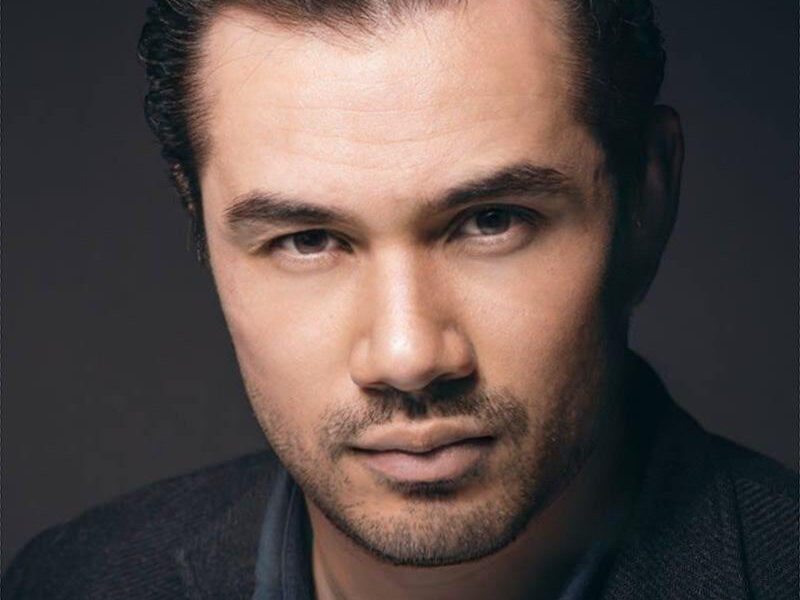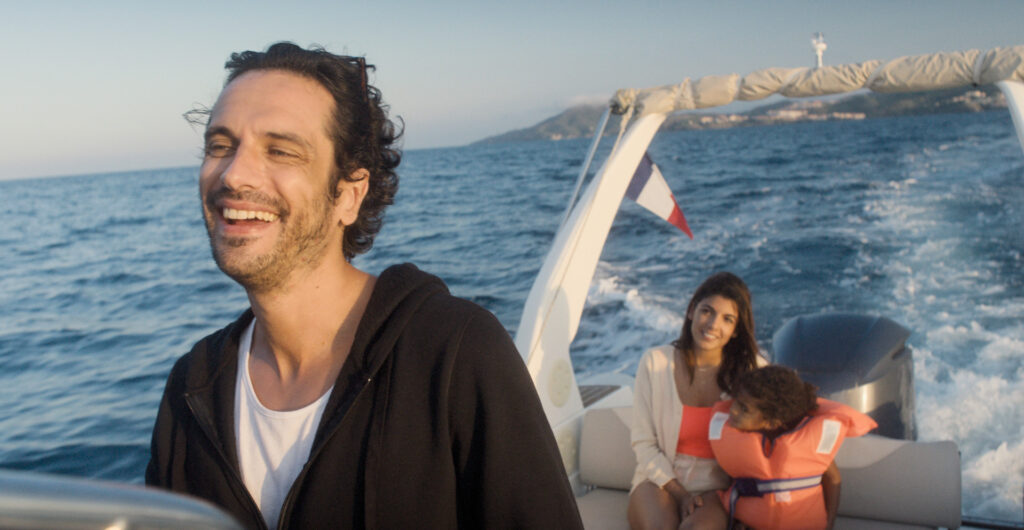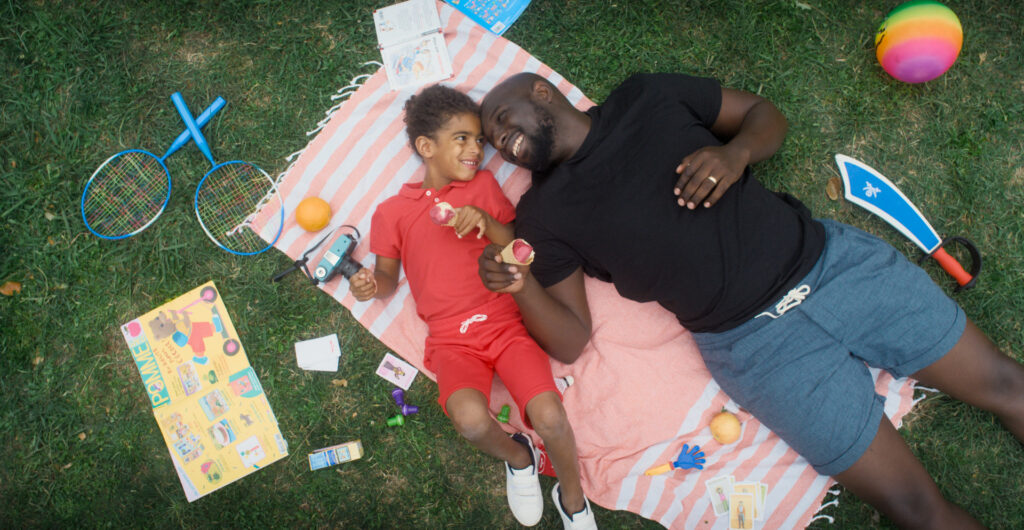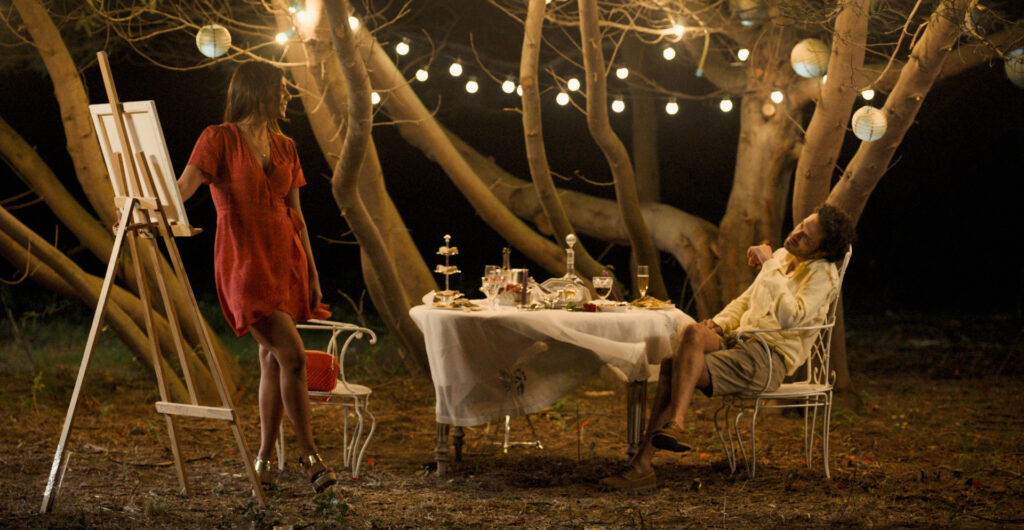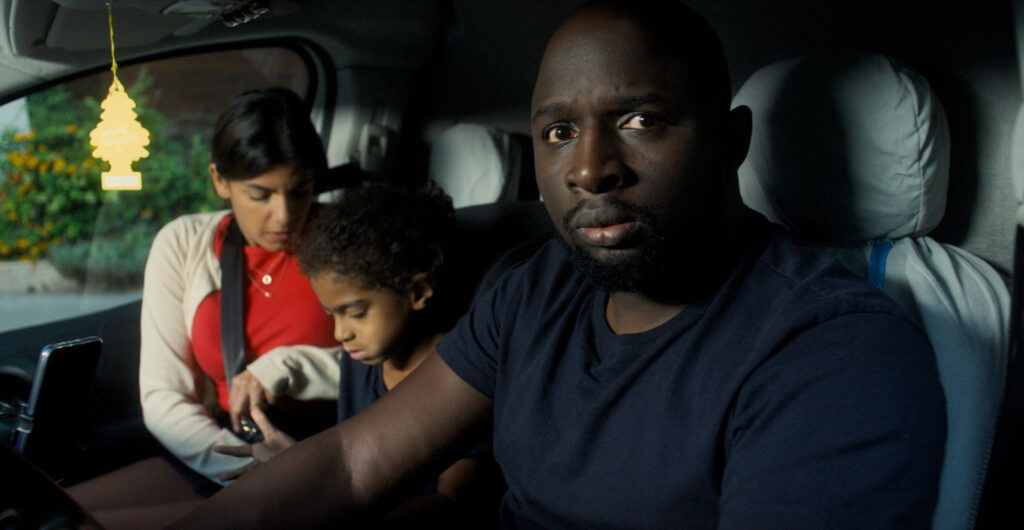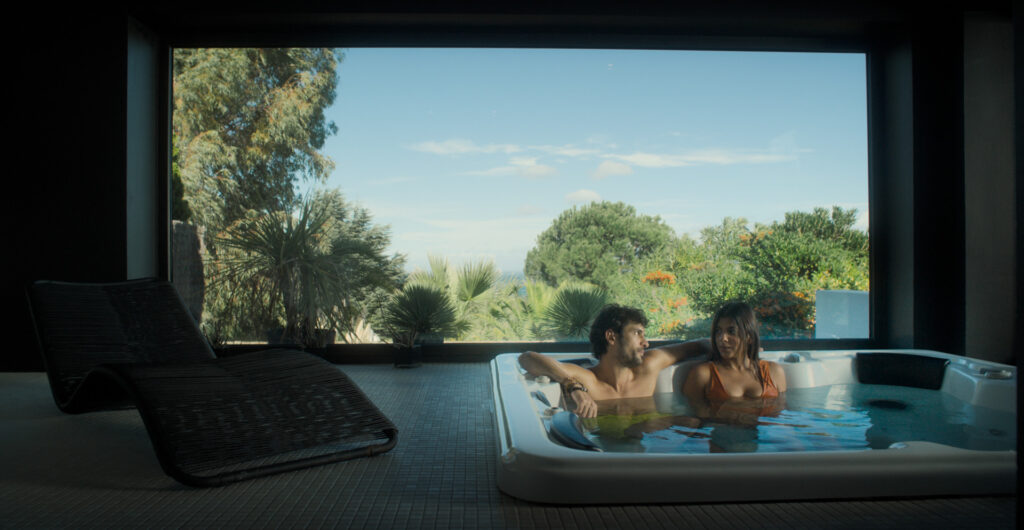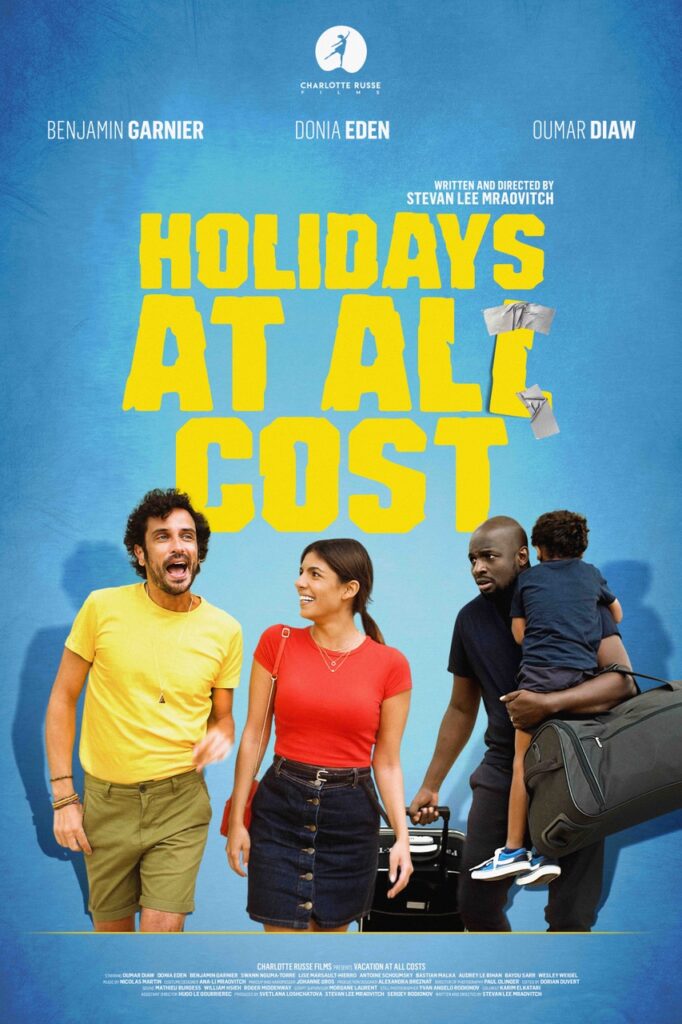Born in New York to a Taiwanese mother and a Serbian father, filmmaker Stevan Lee Mraovitch is a man of many countries AND cultures. He’s brought his directorial debut HOLIDAYS AT ALL COST, to world-premiere at Dances with Films 24 in Hollywood.
Shot on location in the South of France with beautiful scenes of serene beaches and spas, HOLIDAYS AT ALL COST’s extreme situational comedy will introduce many viewers to a beautiful and unpredictable world outside their own. While it simultaneously tackles the complex push-and-pull of the human experience, as dramatic encounters often lead to hilarious ends. Years in the making, including the unique challenges of directing a debut feature film during a pandemic, Mraovitch is excited to have HOLIDAYS AT ALL COST begin its festival run at one of the best-attended film festivals in Southern California, Dances with Films, for an in-person screening. After DWF 24, the film is going on to screen at the Marbella International Film Festival in Spain; the Independent Days International Filmfest in Germany; the Montreal (Canada) International Black Film Festival; the 25th Urbanworld Film Festival in New York City; and the 35th Edmonton International Film Festival in Canada over the next two months—with more to come!
FMM: Tell us about your early life. What was it like growing up?
I’d say pretty intercultural since I was born in New York to a Taiwanese mother and a Serbian father, but I grew up in Paris.
My parents primarily spoke English at home, but slowly French would seep in, so we started to speak “Franglish”, with a good dose of Mandarin and Serbo-Croatian influences and idioms. Today, I transition from one to another without batting an eye. This cultural mix has allowed me to see the world from different perspectives as I believe in the words of Charlemagne, who said: ‘To have another language is to possess a second soul’.
Paris has marked my childhood, and especially a Parisian neighborhood unofficially referred to as China Town. It is the district in intra-muros Paris with the highest density of skyscrapers – in fact, the renowned French filmmaker Jacques Audiard just made a move about it. Officially, it’s called “Les Olympiades” as an homage to the Olympic Games, and the name suits it pretty well since, growing up, it was one of the most diverse places in France. I had friends with origins from all over the globe. We were all first-generation immigrants, and we would always meet after school to play together.
The neighborhood moms would care for all of the children, not only their own, and it was only later that I realized what a lucky childhood I had. We were all coming from all these different places, but we were all together as one. Still today, after more than 20 years, we keep in touch and visit each other.
FMM: How was it to return to the region you grew up in?
Indeed, you can say that the South of France also marked me since that is the region where I spent my summers. Coming back as a director for my first feature was a remarkable experience. The town hall and the locals welcomed us with open arms when I told them about my project, and I felt like I was returning home to my Catalan country. I have made friends from all over Europe there, had my first summer love… That region has witnessed many stories of my life and has deserved that now I return the favor by telling the story of this region in my film.
FMM: How did your stay in the United States change your vision of cinema? What is your background?
My stay hasn’t changed my core being, but it gave me tools to further develop my artistic vision. My references in my younger days came essentially from European cinema. I am particularly fond of Tati, Kusturica, and Fellini, who are the big dreamers of cinema. I believe my time in the United States had helped me to ground myself and showed me that dreams could become a reality through the works of Billy Wilder, Christopher Nolan, or Darren Aronofsky. I studied at Columbia University’s film department, where I honed my dramaturgy, directing, and production skills with great and driven professionals in a setting conducive to personal research. At the end of my master’s degree, I was taken under the wing of my professor – and renowned producer – Michael Hausman (Gangs of New-York, Amadeus). We produced several feature films together, including 2 Days in New York, where I worked closely with Julie Delpy. Later, still with Hausman, we produced David Mamet’s Phil Spector with Al Pacino and Helen Mirren. That was my most formative experience because I was able to work with the greats daily and learn from them.
FMM: What are five movies you think every aspiring filmmaker should see?
I believe that aspiring filmmakers should watch any and all movies, since even the bad ones can provide for a learning experience or an inspiration. But to answer the question, movies that come to my head at the moment would be:
– Underground by Emir Kusturica
– Fight Club by David Fincher
– Soy Cuba by Mikhail Kalatozov
– Seven Samurai by Akira Kurosawa
– Breathless by Jean-Luc Godard
FMM: What’s your mission as a filmmaker?
Besides entertaining the audience, which is the minimum I hope to achieve, I would like to tell stories that can impact and offer another perspective. We filmmakers should aspire to unite people through our creation, find that common thread that makes us all brothers and sisters and use it to echo timeless and accessible tales. As artists, we also have a mission to challenge ourselves and others, to probe our souls and conscience, and become better and spiritually richer in the process.
FMM: What was the inspiration behind this film?
After living abroad for more than ten years to complete my education and build my career, I returned to France in January 2020 during COVID to stay with my family for a while. Being with them for the first time after a long period brought back many memories, as we spent long evening hours reminiscing. With a smile and slight childhood nostalgia, I remembered that Summer when my parents chose not to pay the rent so we could go on vacation. This deep attachment I have to the South of France, where I would spend blissful childhood summers, inspired me to tell the story of Frederic and how far he will go to provide the same type of childhood to his son.
FMM: Is it complicated to write your own story or did it come naturally?
It started naturally. I used my own experience as a starting point. Then I had fun with the characters and their dramatic arcs. I liked putting Frederic’s character in the most absurd situations. This film allowed me to travel during the first lockdown; it was my little ray of sunshine.
On the other hand, family is a universal subject, and to that extent, it is the most natural of things. But even though universal, it is also very unique as each family is different. Furthermore, the same family can be very different depending on the year we observe it, as its members change with each passing season and mature, separate, reunite…
This is more than a story about an absurd and bizarre vacation. It is also an honest look into a family that evokes strong emotions, swinging on a pendulum between laughter and tears. I like comedy just as much as drama, and I love more than anything to mix the two since, in life, a dramatic situation more often than not gives rise to funny or absurd decisions and encounters.
FMM: How did casting go, and how did you choose your actors?
For the main roles, I already had the actors in mind when I wrote the script. However, for all the supporting roles, I must have seen at least two thousand self-tapes online. Due to the pandemic, I preferred to manage this part myself. It was a very intense and challenging process since I received so many applications and saw actors with a lot of talent and creative presentations, which made it tough to decide. I did find my favorite: Lise Marsault Hierro, a very versatile young actress.
FMM: Do any of these characters resemble people you’ve known in real life, or are they archetypes?
I draw inspiration from friends, family, colleagues even random passersby. I built up Jean-Luc based on an owner of a resort whom I knew when I was a kid. I guess Fred is an amalgam of many people, including myself. Fanny has the determination and loyalty of my mother. Fred’s hilariously mean boss is inspired by some of my own ex-bosses, ha!
FMM: How did you like this first directing experience?
It was the most beautiful and intense moment of my career so far, with great talent and a caring team. I would say I was mentally well prepared and ready for the challenge.
FMM: It’s an unprecedented time. How does the production of a first film work during the COVID?
Let’s say… with many precautions! And, of course, with the utmost respect for the sanitary rules. It was an additional challenge for everyone, but one we overcame together. It brought the team even closer together, and there were a pleasant atmosphere and brotherhood among us.
FMM: What was your biggest challenge or learning moment from working on this film—COVID aside?
Besides the budget limitation, I had to be creative to fit the production in only three weeks, the logistics between the South of France and Paris, considering that the second French nation-wide lockdown was coming. We wrapped the day before the lockdown started. Besides all that, some issues usually follow film productions, such as unexpected bad weather when we meant to shoot a sunny day on the beach, last minute location canceling, strong winds putting down our set up…
FMM: What part of filmmaking do you enjoy the most/get the most excited about?
I love the entire process, from the seed of an idea that will become a script to the post-prod, festivals, sales, etc. But my favorite is the time I spend on set because it’s one of those rare moments in life when I experience time fully; all of my senses are wide awake, and I have to be in the moment. It’s a very powerful and intense time. Practically, it is an organized chaos and I love that. I used to play soccer for years, and the feeling is very similar – everything goes very fast, you have to trust your instincts and make the right decision while keeping your composure and logical reasoning on a high level.
FMM: Do you already have plans for the future?
I waited some years for things to fall into place to make my first feature film, and while waiting, I had time to write! So yes, I have finished scripts that I want to direct in the near future!

